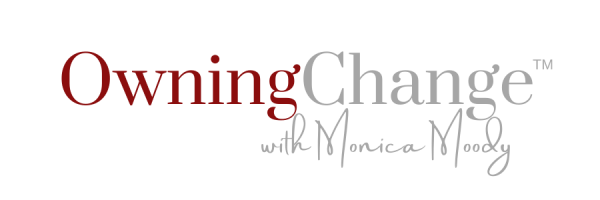The lessons are many but truly, what we take from the situations that are brewing in the world will largely depend on our own imaginations. As we witness conflict rising in all parts of the world, whether it’s the attacks in Paris, Beirut and Iraq, the Syrian refugee crisis or protests and unrest stemming from racial conflict, we have two options for how we can respond. We can get caught up in positioning and ideology and become more and more polarized or we can expand our vision of ourselves and rise. As I pondered how people seem to be reacting to these unfolding situations, I couldn’t help but to reflect on how these same options confront us in our daily living and yes, even in our work.
When I worked as a higher education administrator, I always found it so interesting how different factions would rise and govern the minds and actions of so many. There was faculty vs staff, this office vs that office and of course, management (or the administration) vs everyone else.
And what would happen is people would become so aligned with the stories that had been created about the people on the other side, that it would completely consume their energy and largely diminish any possibilities for concord and collaboration, let alone camaraderie.
What we see in rising discourse about emerging national and international conflicts are people digging in and assuming positions in ways that keep them from hearing and seeing one another and realizing the potential of other possibilities. This group thinks the situation should be handled this way while that group will only consider the exact opposite approach.
War. No war.
Let them in. Keep them out.
Black lives matter. All lives matter.
Christians only. Muslims too.
And while it is completely understandable and healthy, actually, that we would come to the table with different and even opposing views, it is indeed HOW we come to the table that makes all of the difference.
When we become so identified with a particular idea or belief that it prevents us from seeing and appreciating the humanity behind the people on the “other side”, then we automatically lose.
 We get so caught up in protecting our proposed solutions that we forget that the game is less about who will make the final winning move and more about how we treated the players – on both sides – during the game.
We get so caught up in protecting our proposed solutions that we forget that the game is less about who will make the final winning move and more about how we treated the players – on both sides – during the game.
We show up in times of crisis in conversations that truly matter in the ways that we do, because all along we have been grooming our approach. The “us vs them” mentality gets us every time. We accept it in our personal lives and we cultivate it at work.
If you recognize this pattern in your own experience, the way forward and around it is to expand your sense of the world that we live in, your sense of self, as well as your sense of others. Life is larger than the two or three vantage points that you’ve considered, you are larger than the views and beliefs that you hold and others are more dimensionally relevant than you probably give them credit for.
Hold on to your values and your convictions, it’s what shapes our homes, workplaces and communities but don’t hold on so tightly that you squeeze out the humanity in yourself and others. Always choose to look beyond the disagreements and differences in approach towards the hearts of the individuals with whom you disagree and strengthen your capacity to extend generosity and grace.
When we see this being done in greater measure, again, whether it’s at work or in our social and political meandering, then I am certain that the lines of demarcation that we have drawn in the sand will begin to slowly but surely dissipate.
Yesterday, President Obama said something that’s now circling the headlines and like many others, I found it to be really powerful. When talking about our approach to the Syrian refugee crisis, he said, “It’s important not to feed the dark impulse inside of us.” And regardless of our personal views about Obama, this crisis or any other situation, those are words that can only serve our greatest good.
Don’t let an “us vs them” mentality rise within you and dictate your world at work or in any other area of your life, for that matter. Resist the dark impulse. It’s your greatest bargaining power for peace, happiness and success.
There is only one way in which one can endure man’s inhumanity to man and that is to try, in one’s own life, to exemplify man’s humanity to man.” — Alan Paton
Monica Moody
Monica Moody



